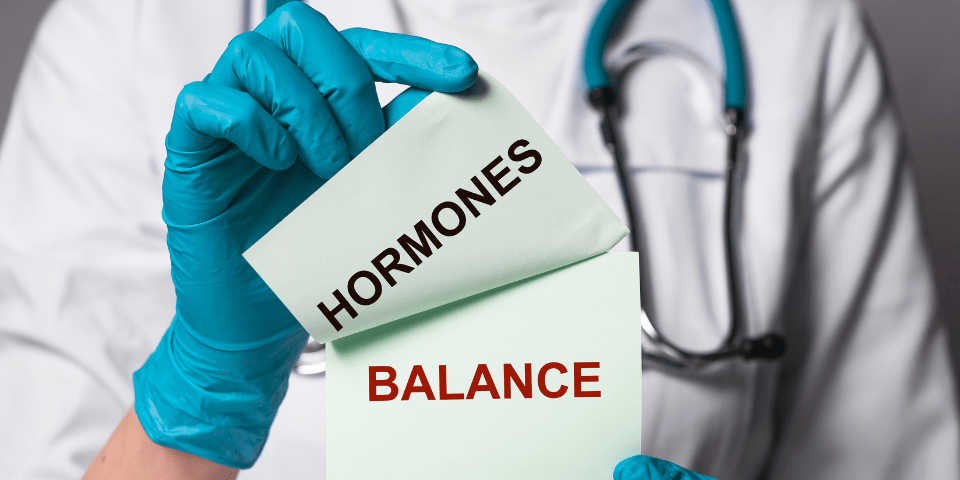Hormonal balance is essential for maintaining overall health, as it influences everything from energy levels and metabolism to mood and reproductive health. An imbalance in hormones can lead to conditions like fatigue, mood swings, weight gain, and even more serious health issues. While lifestyle changes such as regular exercise, adequate sleep, and stress management play a significant role in maintaining hormonal harmony, diet also plays a critical part. Certain foods can help support the body’s natural hormone production and regulation. Here are five of the best foods known for promoting hormonal balance.
Avocados: The Hormonal Superfood
Avocados are rich in healthy monounsaturated fats and fiber, making them a top choice for balancing hormones. They help in the production of hormones like progesterone, which is essential for reproductive health. Avocados are also high in beta-sitosterol, a plant sterol that can positively influence cortisol levels—the body’s stress hormone. By regulating cortisol, avocados can help reduce stress-induced hormone imbalances.
Additionally, avocados are packed with magnesium, which plays a role in managing blood sugar levels. Since insulin resistance and blood sugar imbalances are major contributors to hormonal disturbances, avocados offer dual benefits in this area. The combination of fiber, healthy fats, and essential nutrients helps stabilize energy levels and promote hormonal harmony.
Flaxseeds: A Rich Source of Phytoestrogens
Flaxseeds are a nutritional powerhouse for hormonal balance, especially for women. They contain high levels of lignans, a type of phytoestrogen that mimics estrogen in the body. These lignans can help balance estrogen levels, particularly during menopause, making flaxseeds highly beneficial for women experiencing hormonal fluctuations.
Flaxseeds are also a great source of omega-3 fatty acids, which help reduce inflammation in the body. Chronic inflammation is often linked to hormonal imbalances, and consuming flaxseeds regularly can mitigate this risk. Additionally, the fiber in flaxseeds supports digestive health, which is crucial for the proper elimination of excess hormones, helping maintain a balanced endocrine system.
Leafy Greens: The Nutrient Powerhouses
Leafy greens like spinach, kale, and Swiss chard are loaded with essential nutrients such as magnesium, iron, and calcium, all of which are critical for hormone production and regulation. Magnesium, in particular, helps in regulating stress hormones like cortisol. High-stress levels are a common cause of hormonal imbalances, and ensuring adequate magnesium intake can help alleviate stress-related symptoms.
These greens are also high in antioxidants, which combat oxidative stress—a factor that can negatively impact hormone levels. By protecting the body from free radical damage, leafy greens contribute to the overall health of the endocrine system, making them a key food for hormonal support.
Fatty Fish: The Omega-3 Powerhouse
Fatty fish like salmon, sardines, and mackerel are rich in omega-3 fatty acids, which are known for their anti-inflammatory properties. Inflammation can cause disruptions in hormone production, leading to conditions like insulin resistance, thyroid dysfunction, and adrenal fatigue. The omega-3s in fatty fish help to reduce this inflammation, thereby promoting a more balanced hormonal state.
Moreover, omega-3s support brain health, which is closely linked to hormone regulation. The brain, particularly the hypothalamus and pituitary glands, plays a central role in managing the body’s hormone levels. Consuming fatty fish regularly helps optimize brain function and, in turn, hormonal health. Additionally, omega-3s are crucial for managing mood-related hormones, making them beneficial for those dealing with anxiety or depression linked to hormonal imbalances.
Eggs: The Complete Hormonal Support Food
Eggs are a complete protein source, providing all nine essential amino acids, which are the building blocks for hormone production. They are also rich in vitamin D, a nutrient that plays a critical role in hormone regulation, particularly in the production of sex hormones like testosterone and estrogen. Low levels of vitamin D have been linked to hormonal imbalances, so consuming eggs can help maintain adequate levels of this vital nutrient.
Eggs also contain choline, a nutrient important for liver function. The liver is responsible for metabolizing and detoxifying hormones, so ensuring its health is crucial for maintaining hormonal balance. Additionally, the healthy fats in eggs support the production of fat-soluble hormones, making them an excellent food for overall endocrine health.
Conclusion: Nourishing Your Hormonal Health
Achieving hormonal balance doesn’t require drastic changes or expensive supplements—often, it can be supported by incorporating the right foods into your daily diet. Avocados, flaxseeds, leafy greens, fatty fish, and eggs provide essential nutrients that help regulate hormone production, manage stress, and reduce inflammation. By focusing on these nutrient-dense foods, you can promote a healthier, more balanced hormonal system and improve your overall well-being. Pairing these foods with a healthy lifestyle, including regular exercise, adequate sleep, and stress management, will further enhance your body’s ability to maintain hormonal harmony naturally.
